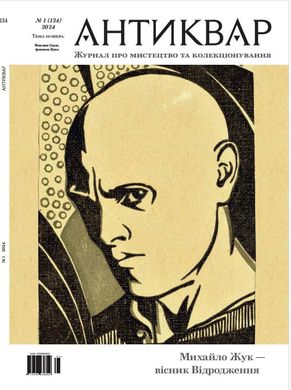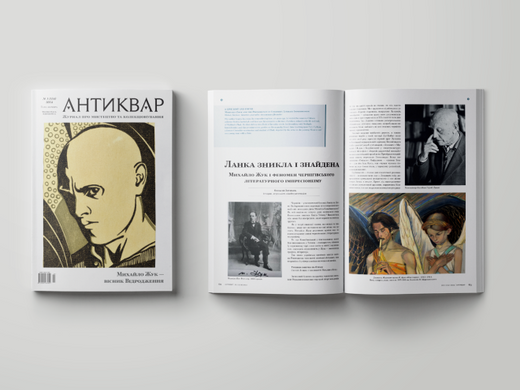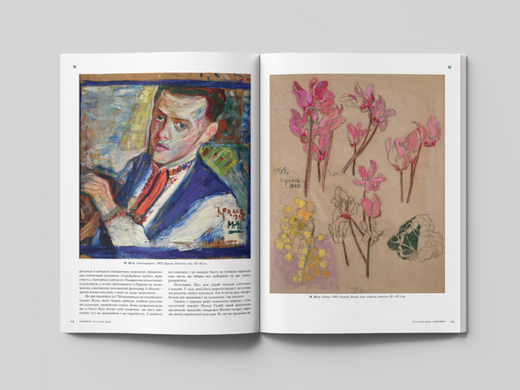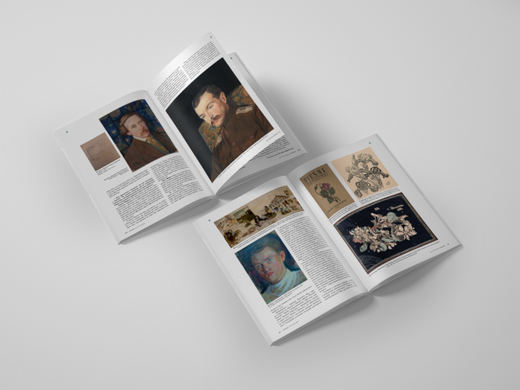|
Quantity
|
Out of stock
|
||
|
|
|||
Mykhailo Zhuk is a talented painter, graphic designer, ceramist, writer and teacher of the Ukrainian Renaissance (the first half of the 20th century).
He came to Odesa in 1925 as an already formed and experienced master and lived in this city for almost 40 years: he taught the younger generation of Odesa artists, and through him Western artistic traditions took root in Odesa.
Mykhailo Zhuk was the creator of Ukrainian culture, so he had very difficult relations with the authorities. He was arrested and tortured in the NKVD prison. Mykhailo Zhuk did not have a single personal exhibition during his life, there were no catalogs needed for the study and attribution of works, his works did not enter museums. For a long time, the artist's work was almost forgotten, and even now, for the average viewer, Mykhailo Zhuk does not stand in the same row as the most famous artists and writers of the 20th century.
Therefore, this issue of "Antiquarian" is about the personality of Mykhailo Zhuk, about his work and about the modern work of art critics to revive and restore the true history of Ukrainian art. On the pages of "Antiquary" No. 134:
stories about how collectors, art fans and art historians discovered the figure of Mykhailo Zhuk;
stories about Zhuk's friendship and relationships with his outstanding contemporaries;
material about Mykhailo Zhuk's studies in Kraków, about the artistic environment in this city, about people who had an influence on the artist;
memories of the artist Dina Frumina about the teacher Mykhailo Zhuk, stories about the living conditions and education of student artists in Odesa in the 1930s in general;
articles about the creative heritage of the artist, about Zhuk the artist and Zhuk the writer;
articles by art critics about modern research, exhibitions and projects that reveal this talented artist to the audience (both in Ukraine and in the world);
as well as the texts of Mykhailo Zhuk himself: notes from a notebook, memories, stories - small in volume, but very skillfully written, bright and deep.
The guest editor of the issue is Semen Kantor, director of the Odessa Museum of Modern Art.








